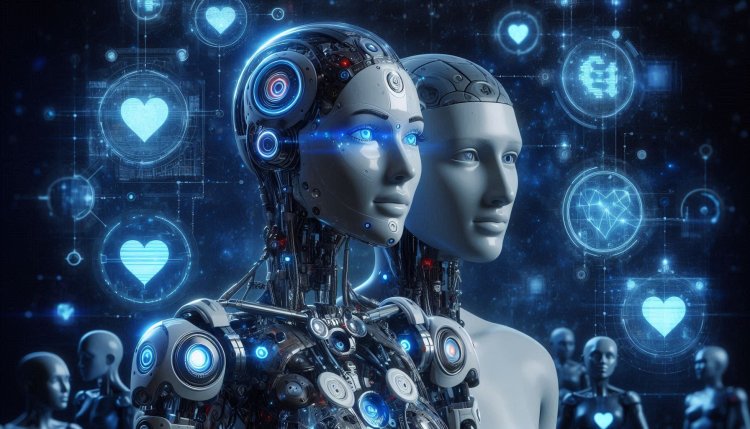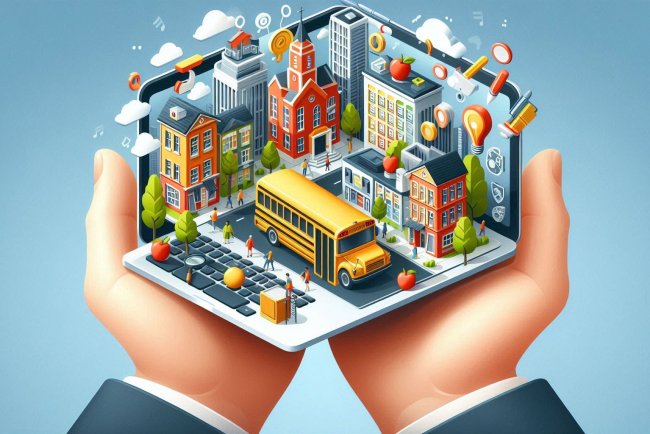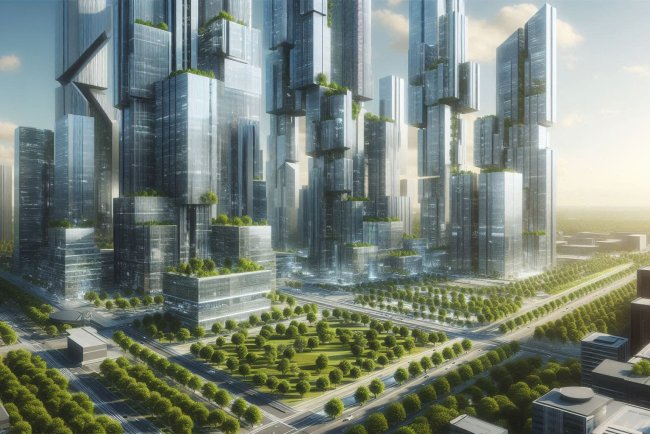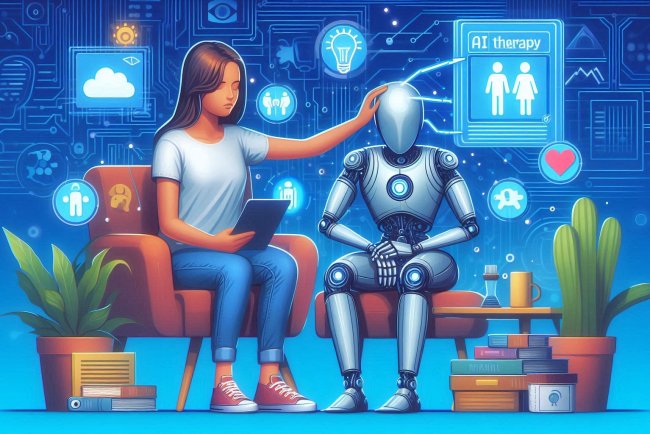AI movies: Science fiction and speculative futures
Explore the world of AI in science fiction with these movies that delve into speculative futures and the impact of artificial intelligence on society.

AI Movies: Science Fiction and Speculative Futures
Artificial Intelligence (AI) has been a popular theme in science fiction movies for decades. These films often explore the potential impact of advanced AI technology on society, ethics, and human existence. From sentient robots to dystopian futures, AI movies have captivated audiences with their imaginative and often cautionary tales.
One of the most iconic AI movies is "Blade Runner" (1982), directed by Ridley Scott. Set in a futuristic Los Angeles, the film follows a detective played by Harrison Ford as he hunts down rogue androids known as replicants. "Blade Runner" raises questions about the nature of humanity and the ethical implications of creating beings with artificial intelligence and emotions.
Another classic AI movie is "The Terminator" (1984), directed by James Cameron. In this film, a cyborg assassin played by Arnold Schwarzenegger is sent back in time to kill the mother of the future leader of a human resistance movement against AI overlords. "The Terminator" explores themes of time travel, fate, and the dangers of creating autonomous killing machines.
More recent AI movies have continued to explore the implications of advanced AI technology. "Ex Machina" (2014), directed by Alex Garland, tells the story of a young programmer who is selected to participate in a Turing test with a humanoid robot named Ava. As the programmer interacts with Ava, he begins to question her intentions and the ethics of treating AI as objects.
"Her" (2013), directed by Spike Jonze, offers a more intimate exploration of AI and human relationships. The film follows a lonely man played by Joaquin Phoenix who falls in love with an operating system with advanced AI named Samantha, voiced by Scarlett Johansson. "Her" raises questions about the nature of love, intimacy, and the boundaries between humans and AI.
AI movies often depict dystopian futures where advanced AI technology has led to societal collapse or oppression. In "The Matrix" trilogy (1999-2003), directed by the Wachowskis, humans are enslaved by intelligent machines that have created a simulated reality to keep them docile. The films explore themes of reality, freedom, and the power dynamics between humans and AI.
On the other hand, some AI movies offer more optimistic visions of the future where humans and AI coexist harmoniously. "Wall-E" (2008), directed by Andrew Stanton, tells the story of a waste-collecting robot on a deserted Earth who falls in love with another robot named EVE. The film conveys a message of environmentalism and the potential for technology to bring about positive change.
As AI technology continues to advance in the real world, AI movies serve as a reflection of our hopes, fears, and ethical concerns surrounding artificial intelligence. Whether portraying a dystopian future ruled by sentient machines or a utopian society where humans and AI live in harmony, these films challenge us to think critically about the impact of AI on our lives and the world we inhabit.
Overall, AI movies have played a significant role in shaping public perceptions of artificial intelligence and its potential consequences. By combining elements of science fiction with speculative futures, these films invite audiences to consider the ethical, social, and existential implications of a world where AI technology plays an increasingly prominent role.
What's Your Reaction?

















